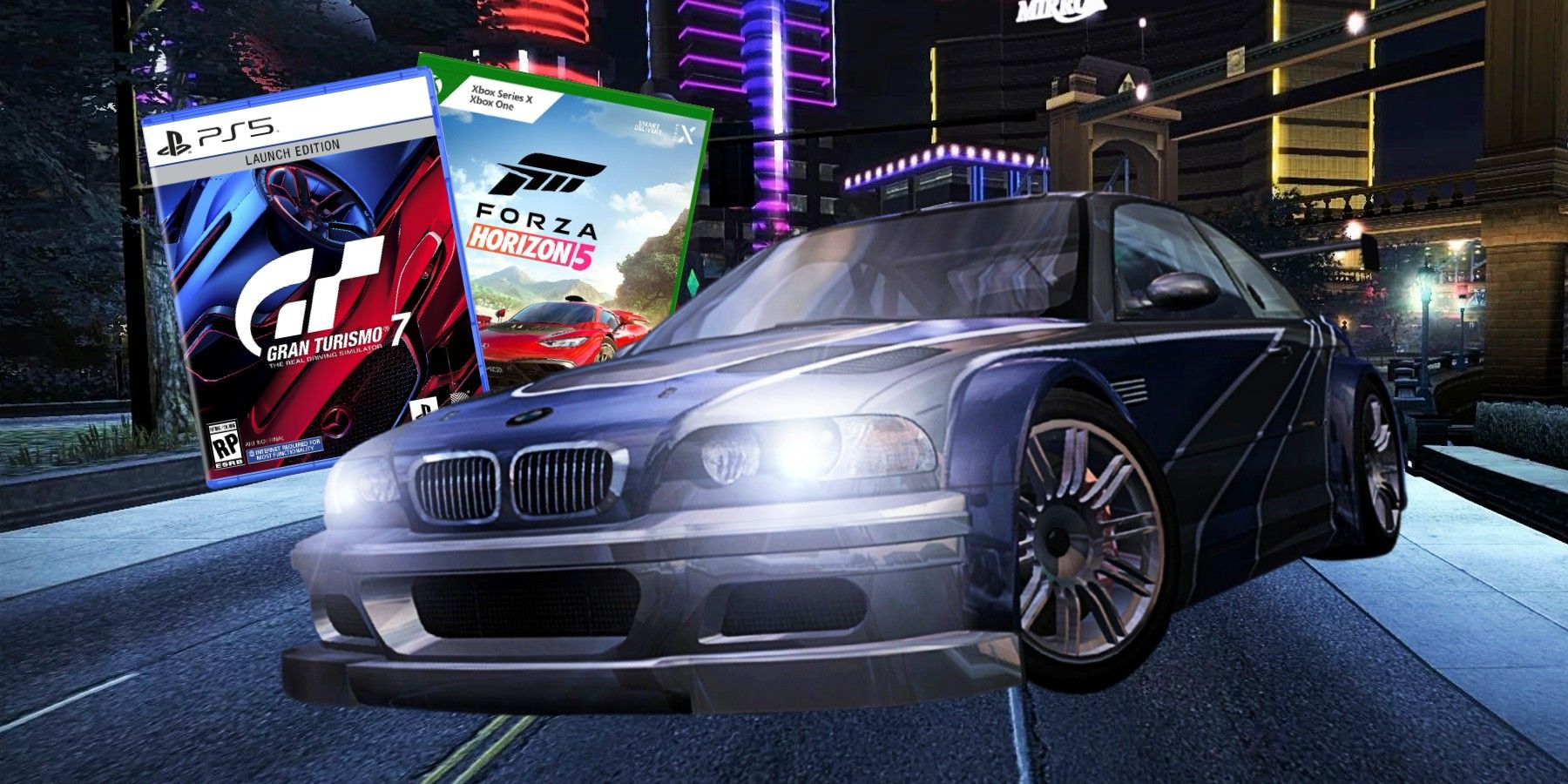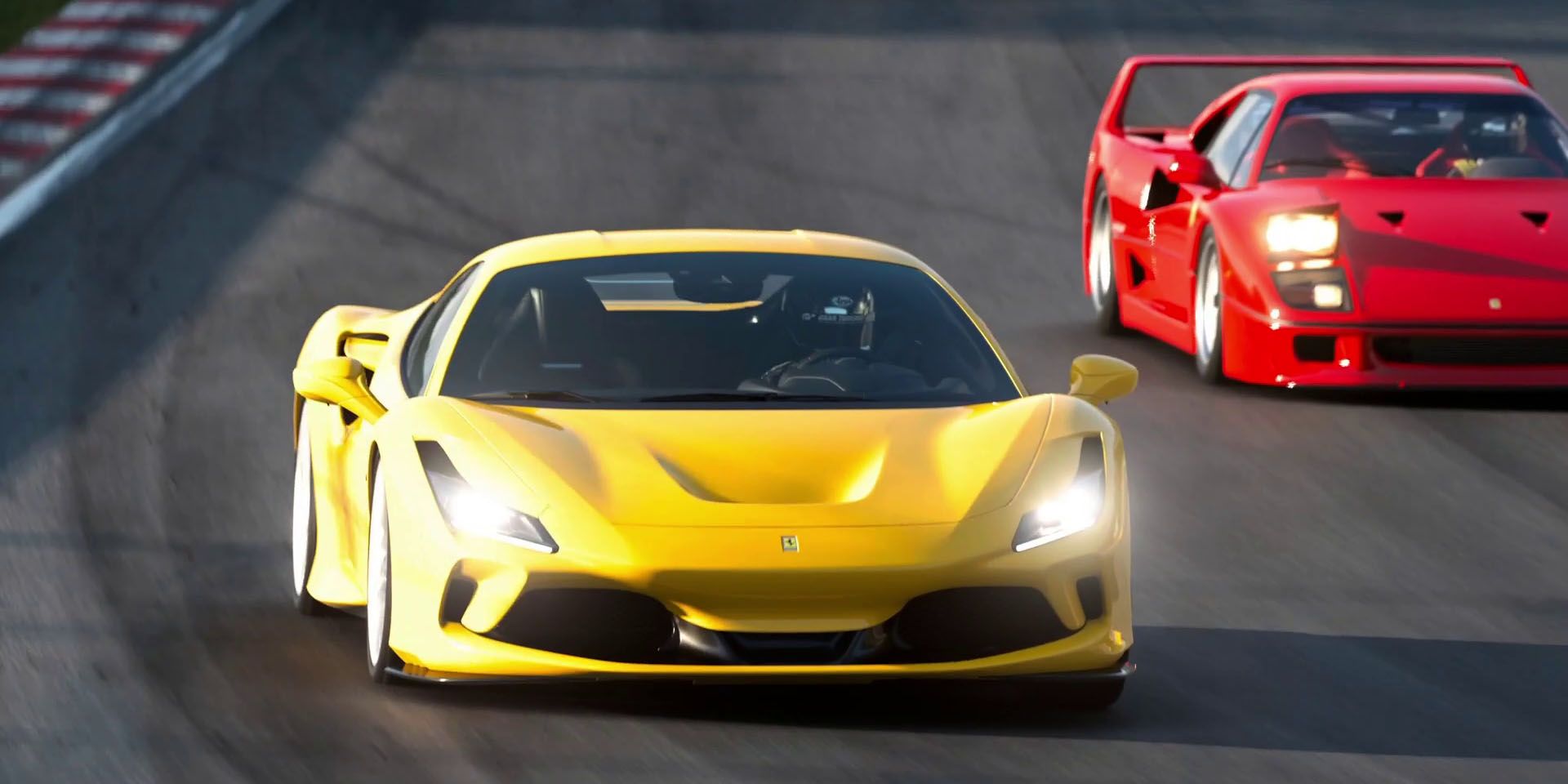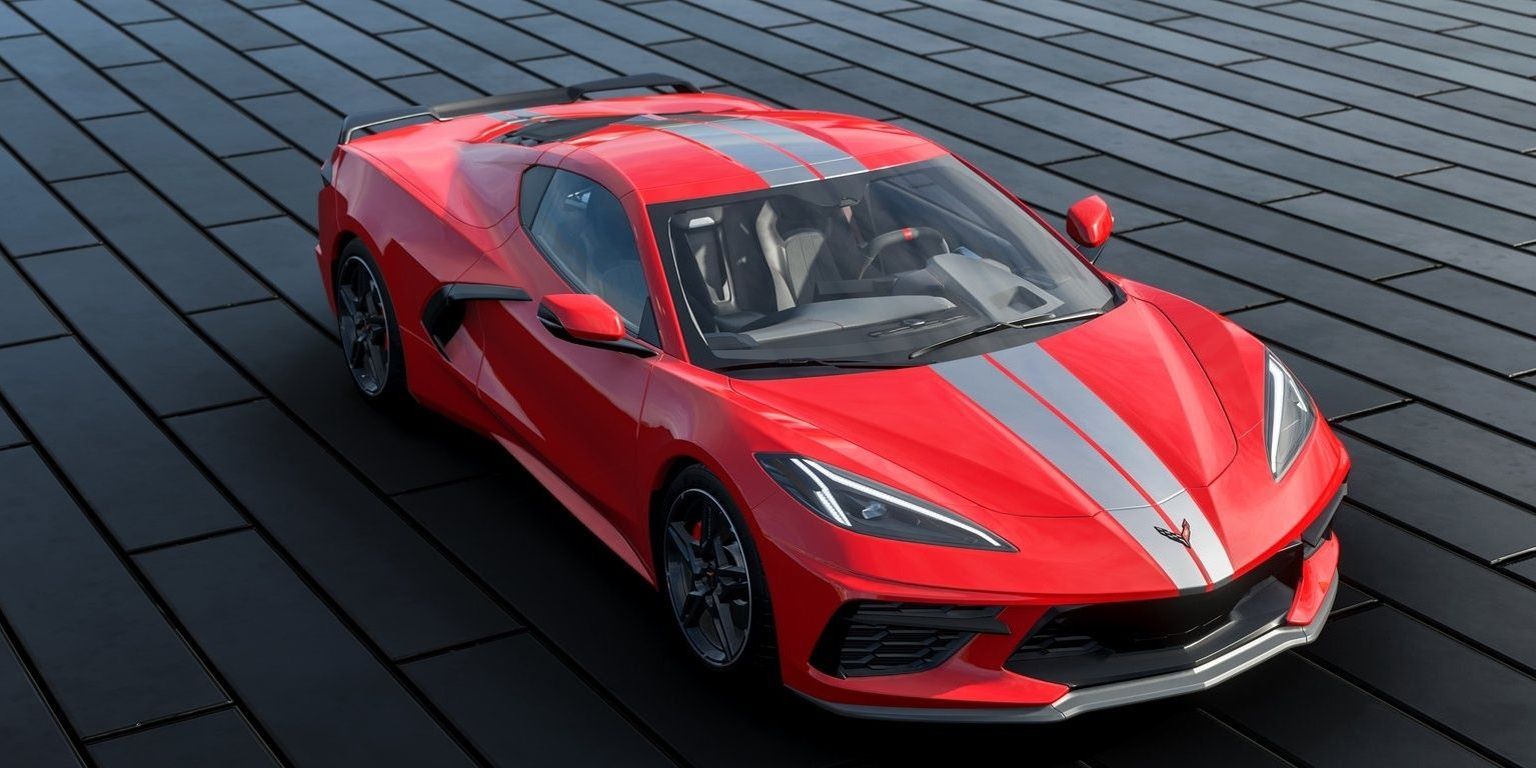Over the last few years, certain corners of the racing gaming genre have been experiencing a renaissance. While the sheer diversity that defined the genre's PS2-era glory days is missing, several big titles have managed to capture the imagination of players. The launch of games like Forza Horizon 5 and Gran Turismo 7, as well as a pandemic-fueled uptake in esports sim racing, have all helped to breathe new life into what had become a niche part of gaming. As a knock-on effect of this success though, EA’s setbacks when it comes to delivering a quality Need for Speed game, have become all the more apparent.
For several decades, the arcade racing series was a staple of gaming that fans could rely on for high octane thrills. Having paved the way for 3D racing games on consoles back in 1994, Need for Speed has now fallen from grace. Ever since the release of 2012's Most Wanted, the franchise's critical and commercial reception has trended downwards. To make matters worse, factors like loot box-based progression, cliche story lines, and forced always-online DRM, have left the series without a clear identity. Thanks to the success of Forza Horizon 5 and Gran Turismo 7, a roadmap has emerged that Criterion Games can follow with its next Need for Speed entry.
Gran Turismo 7’s Lessons
When it comes to helpful lessons, Gran Turismo 7 and Forza Horizon 5 can provide Criterion Games with some valuable insights, for different yet equally important reasons. For example, while its fall from grace wasn’t as sharp as Need for Speed’s own decline, Polyphony Digital’s driving simulator has experienced and overcome some of the same obstacles.
At the same time that Need for Speed was arguably experiencing its peak on the PS2, Sony’s first party racing series was also shaping the racing landscape. It might be hard to envision now thanks to the narrative-driven experiences that have defined its recent success, but at one point in time, Gran Turismo was comfortably the publisher’s highest and most consistent selling franchise.
During the PS3-era though, confusing design decisions and an inconsistent approach to content damaged Gran Turismo‘s reputation. Having attempted to reinvent the wheel with the multiplayer-focused GT Sport, it turns out that a return to the franchise's roots was what fans actually wanted all along. Part of Gran Turismo 7’s success can subsequently be attributed to the return of iconic mechanics like the used car dealership, license missions, and a stylish hub-map menu. While the prevalence of optional microtransactions in Gran Turismo 7 is disappointing, the on-track experience is arguably better than ever.
Being a franchise that pre-dates Polyphony Digital’s by a few years, it’s easy to imagine Need for Speed tapping into the same kind of nostalgia. After all, with 24 mainline installments released, there’s plenty of content for Criterion Games to draw inspiration from. In many ways, the revival of Gran Turismo has paved the way for Need for Speed to thrive from a commercial perspective as well.
Racing fans are already reconnecting with one critically acclaimed revival, so it stands to reason that they’ll be open to do the same with another. With over 150 million Need for Speed games having been sold since 1994, it’s worth keeping in mind that there’s a substantial audience out there waiting for a solid new game.
Forza Horizon 5’s Lessons
While Gran Turismo 7 demonstrates how a critically acclaimed racing game revival can succeed in 2022, Forza Horizon 5 offers a gameplay blueprint that the next Need for Speed entry would do well to follow.
Even though the arcade series started off as a closed-circuit racer like Polyphony Digital’s, Need for Speed's most successful entries have more in common with Playground Games’ open-world spin-off. Part of Forza Horizon 5’s success can be attributed to how the thrill of racing is always designed to be the most important aspect of the package. While the game features a loose storyline centered around the Horizon festival, how players choose to race is never undermined by any other mechanic.
Recent Need for Speed installments can’t claim to have done this, with loot box upgrades and cringe-worthy stories having frequently been cited by fans as barriers to their enjoyment. For the expected 2022 revival of the series, EA and Criterion Games need to take steps to re-balance the experience. A more back-to-basics approach that puts exciting high octane gameplay at the forefront is almost a necessity at this point. Aspects of Forza Horizon 5's success like its densely packed open-world, enticing players to explore it with objectives and collectibles, wouldn't be a bad design idea to adopt either.
While it won't be easy to achieve success considering the low point that the series has sunk to, Forza Horizon 5 and Gran Turismo 7 have revealed a potential road back to glory for Need for Speed.
Need for Speed 2022 is in development.



